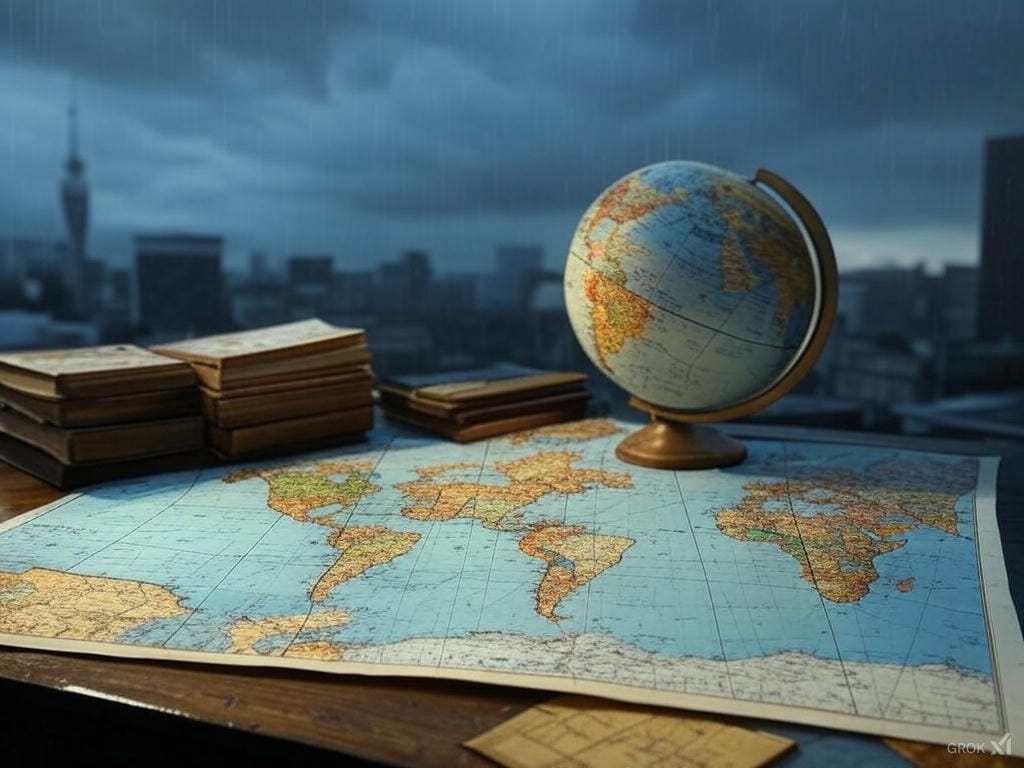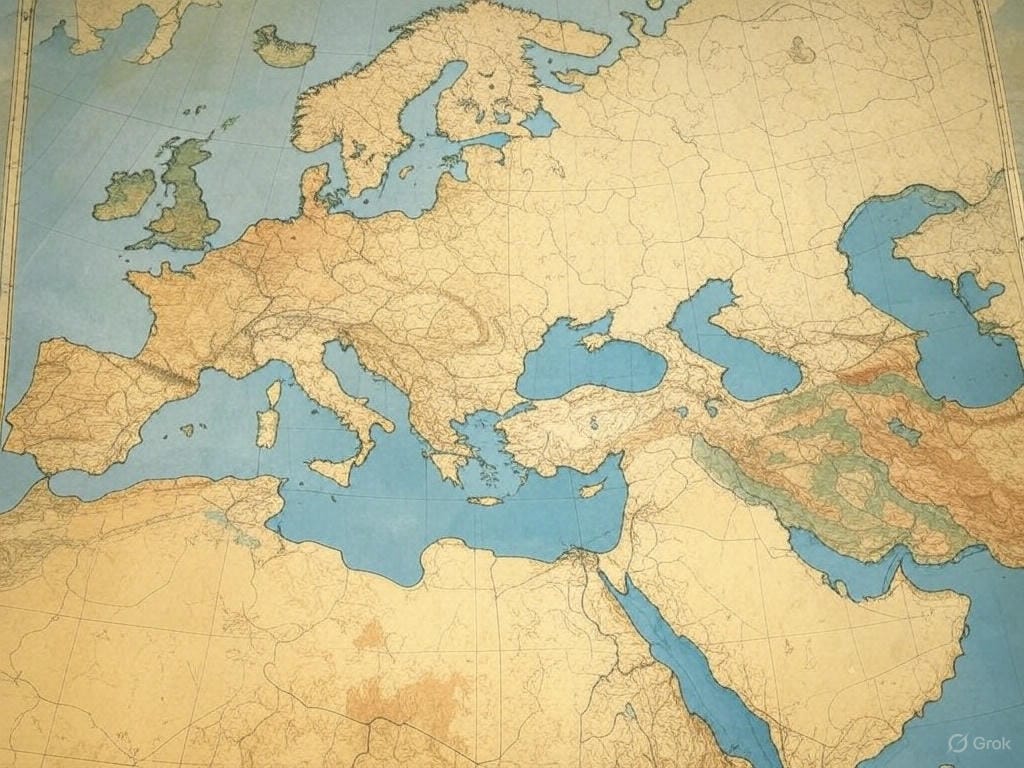The idea that “Europe’s problems are not the world’s problems, but rather the world’s solutions” challenges the traditional Western-centric narrative that global stability depends on solving Europe’s crises. Here’s why:
1. Europe’s Decline Creates Space for Global Multipolarity
For centuries, Europe dominated global politics, economics, and culture, often dictating terms to other nations. However, as Europe faces economic stagnation, demographic decline, and political fragmentation, emerging powers like India, China, and Russia are filling the vacuum. This shift fosters a multipolar world where multiple regions contribute to global stability, rather than a Eurocentric model.
2. De-Dollarization & New Financial Systems
Europe’s economic struggles, combined with U.S.-led sanctions and trade policies, are pushing countries to seek alternatives to Western financial dominance. The push for BRICS currency, de-dollarization, and non-Western trade alliances is accelerating because of Europe’s economic mismanagement. This shift can create a more balanced global financial system, reducing dependence on Western-controlled institutions like the IMF and World Bank.
G20 Summit 2025 Signals a Shift Towards Multipolarity: The Silent US Realignment – VidyāKosha
3. Energy Crisis Leading to Self-Reliance in Asia & Africa
Europe’s energy crisis, especially after cutting ties with Russia, has forced Asian and African nations to invest in their own energy infrastructure rather than relying on Western imports. Countries like India and China are developing energy independence, securing alternative suppliers, and boosting local energy production. This strengthens the Global South while exposing the vulnerabilities of Western economies.
4. The End of Western Imperial Influence
European countries have historically shaped global geopolitics through colonialism and intervention. Their declining influence means less foreign interference in the affairs of developing nations, allowing these countries to pursue independent policies based on their own interests rather than Western agendas.

5. Manufacturing & Industry Shifts Away from Europe
With rising costs and overregulation in Europe, manufacturing and industrial production are shifting to Asia, Latin America, and Africa. This transition boosts local economies in these regions, reducing dependency on European supply chains while strengthening domestic industries.
6. Immigration & Cultural Shifts Leading to Western Instability
Mass migration into Europe has led to internal tensions, changing political dynamics, and rising nationalism. While Europe struggles with identity crises and social unrest, many non-Western nations are strengthening their cultural and economic models instead of blindly adopting Western liberalism.
Conclusion: A Global Reset Without Western Dominance
Europe’s problems—whether economic downturns, political chaos, or social instability—are forcing the rest of the world to become more self-sufficient. Rather than being a burden on the world, Europe’s decline is a necessary process that enables other nations to rise, restructure global power, and create a world order not dictated by Western interests.
The Shift from Petrodollar: Middle East’s Economic Diversification
The Finite Nature of Crude Oil The Middle East, a region long synonymous with vast…
The Economic and Geopolitical Significance of India, China, and the Indian Ocean
The Geological and Geographical Foundation The Himalayas, formed by the collision of the Indian subcontinent…
Geopolitical and Economic Insights: A Global Perspective
Introduction In this article, we delve into the complex interplay of global geopolitics and economics,…
The Lasting Impact of Colonialism: A Western Hangover
Introduction The legacy of 18th-century colonialism continues to shape the mindset, governance, and economic systems…
The Flawed Fiat Formula: How the US Dollar’s Dominance Exploits Global Manufacturing
Introduction The fiat currency model, established by Nixon and Henry Kissinger in the early 1970s,…
The Dollar of War: How the US Dollar’s Reserve Status Fuels Global Conflicts
Introduction For the past several decades, the United States dollar has held the status of…





